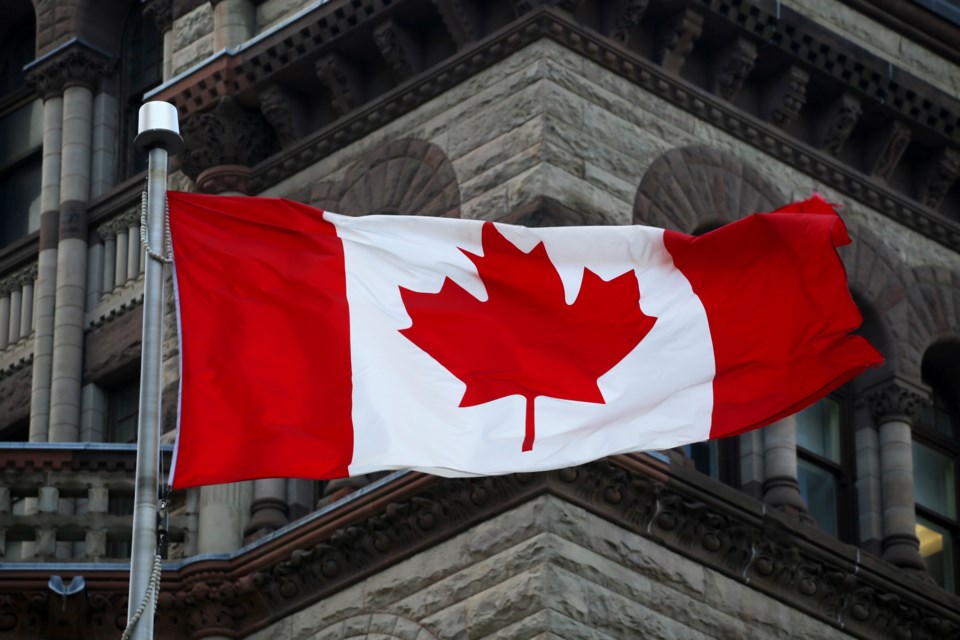While other countries strategically support their tech sectors, Canada is on the verge of losing its footing in the high-stakes game of global tech innovation. Why is Canada complicating things when we are already the least productive country in the G7?
Canada’s startup world is already more challenging than those in the U.S. or U.K. Here, the mood with investors leans toward extreme caution. Investors hesitate to put money into new ideas, starkly contrasting the bold, risk-taking culture of places like Silicon Valley or Austin, Texas. This cautiousness has dried up the venture capital that new companies desperately need to get off the ground.
Dealing with Canadian bureaucracy isn't just challenging—it's like being lost in a maze. Entrepreneurs spend as much time figuring out regulations as they do solving problems and creating. This slows everything down and wastes money that could help grow their businesses.
The timing of Prime Minister Justin Trudeau's tax hike couldn't be worse. In a world where money and talent move freely across borders, a coder in Vancouver can easily join a Texas-based startup from their living room. Canada’s decision to increase the capital gains inclusion rate looks out of touch. It ignores the global battle for resources, where countries compete to offer the best business conditions.
While more business-friendly countries are trying to attract companies by offering no income or capital gains taxes, Canada is making it impossible for tech entrepreneurs like me to raise capital.
These high taxes cut deeply into the potential upside of investing in Canadian technology companies. The rewards now fail to justify the risks, particularly when other countries lower their taxes to attract the businesses Canada is pushing away.
At Clearway, the legal tech company I started, we have felt the heavy impact of this new policy. We use AI to innovate legal services, which is very interesting to investors, but this tax increase could cripple us. Investors planning to write us $100,000 cheques have invested in tech companies and venture capital firms outside Canada instead. Six angel investors told us they are no longer investing in Canadian companies, and another 10 investors have said they are waiting to see the impact of these policies.
We are seriously thinking about moving to a country with better tax laws—a tough call but necessary to keep our innovation alive.
Success in startups comes from attracting and nurturing talent and investment in the global economy. Tech workers with startups take lower salaries because cash is low, and they instead take stock as part of compensation because they believe in the startups they work for. However, this mechanism has become less attractive and will create challenges in attracting and keeping talent.
Sadly, Canada has become a textbook example of what not to do. As tech firms and skilled workers look for more welcoming places, we must rethink our approach. We need to lower barriers, cut taxes and encourage innovation.
The supporters of Trudeau’s tax reform are dangerously wrong. It’s not about if but when the mass departure of tech companies and talent will occur, emptying what could have been a thriving industry.
For my Vancouver-based company, we will visit other countries—with a focus on the Bahamas and Belize, both tax havens—to do research in September 2024. We can’t wait until the next Canadian election. My six-person company is part of a startup accelerator, and many other entrepreneurs I have spoken to plan to do the same.
Trudeau’s capital gains tax change isn’t just a wrong decision—it’s a monumental error that will dissuade entrepreneurs and smother innovation. The message is loud and clear for companies: Innovate elsewhere. Canada is closed for business.
Alistair Vigier is a tech entrepreneur and founder of Clearway, a company specializing in law firm client qualification software.




